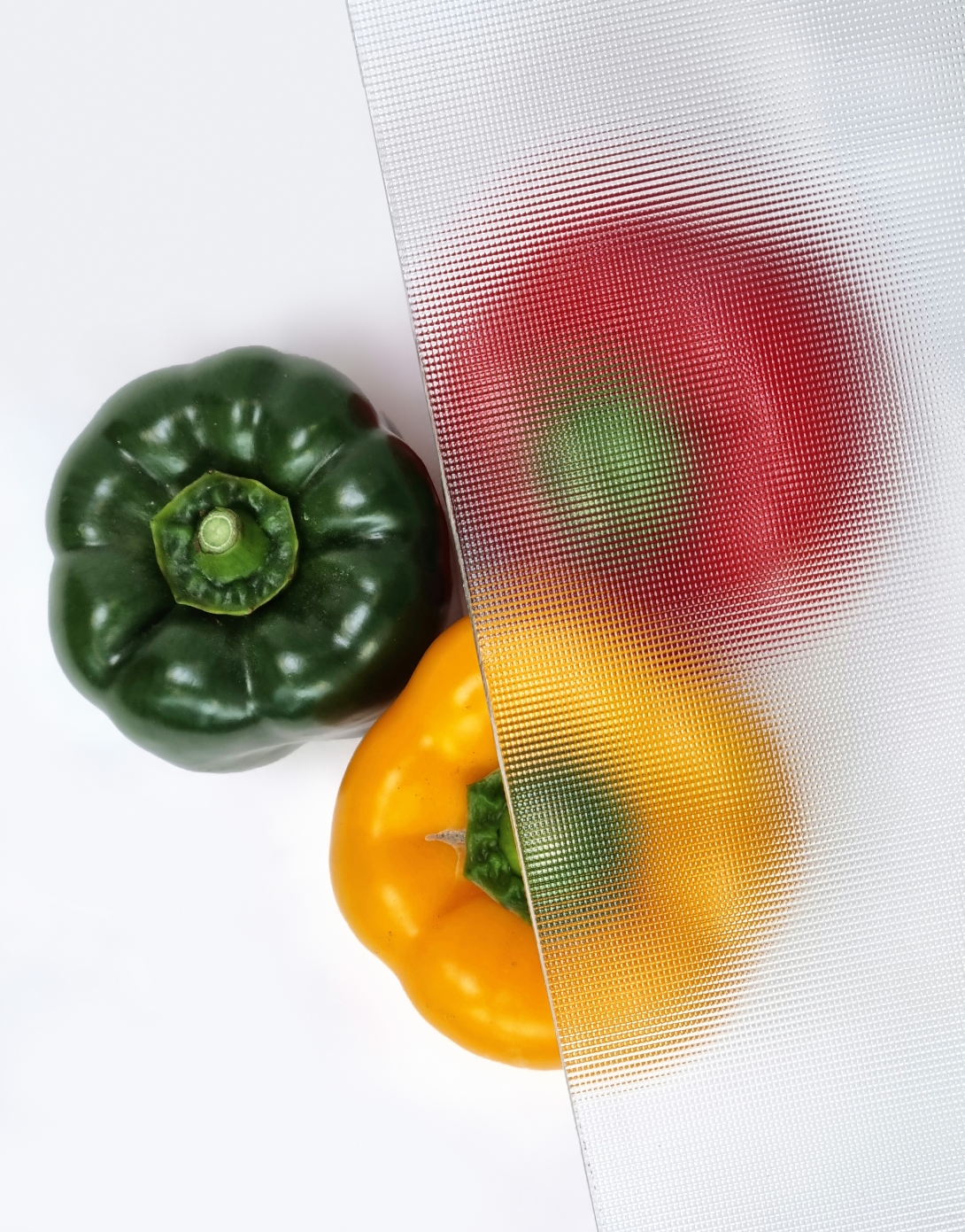
A new study by The University of Lincoln, in collaboration with Pilkington United Kingdom Limited, part of the NSG Group, has revealed how specialist glass designed for commercial greenhouses can increase crop yield by more than a third.
- Pilkington Botanical™ glass range proven to improve greenhouse plant growth in University of Lincoln study.
- Pilkington HortiHaze™ enhances the efficiency of indoor agricultural growing systems.
A new study by The University of Lincoln, in collaboration with Pilkington United Kingdom Limited, part of the NSG Group, has revealed how specialist glass designed for commercial greenhouses can increase crop yield by more than a third.
The research investigated the impact of different glass products on plant growth, light transmission, and the temperature of environments within glasshouses. The findings will help to enhance glasshouse operations in agriculture to support greater crop yields and food security.
Researchers experimented with the growth of lettuce and basil in two separate glasshouses over a three-week period. Produce was grown in one glasshouse using specialist glass Pilkington HortiHaze™, which was then compared to produce grown in a glasshouse using standard float glass.
The study uncovered that the weight of produce grown under Pilkington HortiHaze™ was 35% greater than the produce grown under standard glass. This is in part due to Pilkington HortiHaze™ maintaining light transmission which encourages greater photosynthesis.
Additional properties for Pilkington HortiHaze™ include its unique structured surface, which enables an even distribution of light to the plants, providing a light scatter (known as Hortiscatter) without compromising the amount of light entering through the glass.
Lettuce plants grown in the Pilkington HortiHaze™ glasshouse were recorded as having the highest average fresh weight (14.015g) and dry weight (1.301mg). The specialist glass also maintained the lowest temperature out of the products tested.
The research was led by crop science student, Chetan Honnamachanahalli Ramachandraiah and supervised by professors Amir Badiee and Ravi Valluru. Pilkington HortiHaze™ forms part of the Pilkington Botanical™ range of glass for commercial greenhouses.
Amir Badiee, professor at University of Lincoln, said: “From the study it is clear that using specialised materials in the construction of glasshouses has a significant impact on the effectiveness of crop cultivation, and I hope its findings compel the field to consider their specification for indoor crop growth.
“The rationale for this study arose as a response to the challenges presented by climate change. These results highlight the need for materials that don’t just boost crop yield but also contribute to greater food security.”
Anna Colley, Lead Technologist from Pilkington UK said: “The findings demonstrated the positive impact that the Pilkington Botanical™ range has on indoor crop growth. With its ability to enhance photosynthesis via light transmission and scattering, use of the glass range in greenhouses demonstrated measurable positive results, speeding up plant growth, increasing plant biomass, and helping maintain the controlled environment that exists within glasshouses.”
The Pilkington Botanical™ range forms part of the NSG Group’s commitment to helping the built environment to operate more sustainability. Last year, the glass manufacturer launched a new architectural glass product range, Pilkington Mirai™ with 52% less total embodied carbon when compared to standard float glass produced by the NSG Group.
Its sustainability ambitions are fortified by the NSG Group’s new corporate philosophy, makechange™, which communicates the manufacturer’s holistic approach to sustainability that spans its products, processes, and people.


